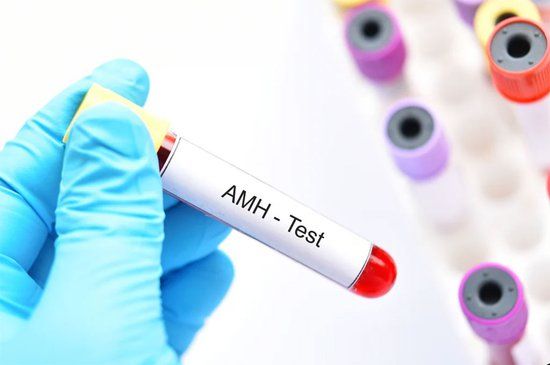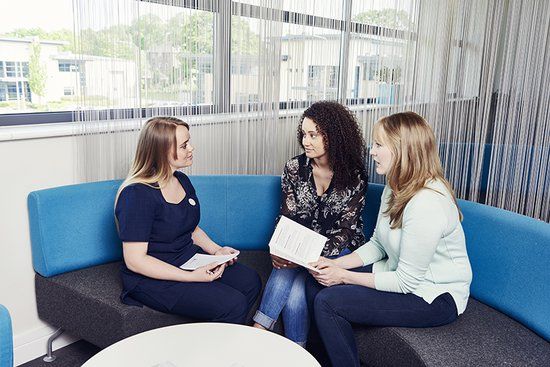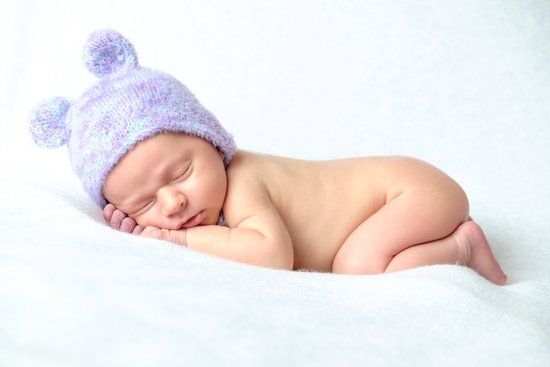At the recent fertility conference in Rome, it was revealed that scientists have developed a new test that could help to predict when a woman will start the menopause – and therefore how much ‘time’ she has left to start a family.
It works by measuring a woman’s levels of AMH hormone – produced by the follicles in the ovaries from which eggs develop. Scientists are hoping to have created an ‘over-the- counter’ version of the test within three years. At Manchester Fertility, we’ve been conducting AMH testing for many years as part of the fertility workup our patients receive as part of their treatment.
However, what concerns many fertility consultants is that a woman who is given a ‘normal’ result, of starting the menopause in her early 50s, will therefore believe she can wait to have children.
But this isn’t the case. A woman’s fertility starts to decline as she reaches her 30s, and more sharply after 35. The chances of success from IVF or other treatment once a woman reaches her 40s is reduced even more.
Simply, age is a much safer prediction of fertility than a test. All the new menopause test, tells you is when you’ll stop producing eggs. It doesn’t give any indication of how good those eggs are.
Because the fact is that as a woman ages, the quality of her eggs reduces. So although she may still be producing eggs, the eggs won’t be sufficiently healthy to conceive. As you age, your fertility treatment options become more limited and have less chance of success.
For many older women, their only chance of pregnancy is a donor egg, of which there’s a massive shortage in the UK and the reason why so many couples are resorting to ‘fertility tourism’ in foreign countries.
So whilst medical advances in assisted reproductive technology have helped many older women conceive and have healthy babies, it shouldn’t be a ‘back-up’ for your own fertility. It’s not a fail-safe guarantee.
Last updated: 20th January 2020





